No Best Director nomination for A Star Is Born’s Bradley Cooper, and no Best Film Editing nomination for A Star Is Born, either.

Of all the surprises out of today’s Oscar nominations, this is arguably the most shocking — because it’s arguably the most unjust! A Star Is Born is Cooper’s directorial debut, and sure, it’s the fourth version of this movie, and yeah, I guess Cooper didn’t work the awards season campaign circuit as hard as he could have.
But come on. The reason this movie works so beautifully, and captured the imaginations of so many people, is largely due to Cooper’s bold and decisive work as its director. The Directors Guild of America understood that, and nominated Cooper for both their main award and their award for debut filmmakers. Cooper earned Best Director nominations for the BAFTAs, the Golden Globes, and the Critics’ Choice Awards. But for whatever reason, the Academy’s directors branch did not see fit to honor Cooper’s work here.
Even more ominously, A Star Is Born also did not earn a nomination for Best Film Editing. Beyond the insanity of this oversight — cutting together all those live musical performances was such a feat! — this category has been the most reliable bellwether for indicating whether a movie has a shot to win Best Picture than any other category.
There was a time last fall when some felt A Star Is Born was the Oscars frontrunner. I guess we’re back in the shallow, now. (I’m sorry.)
No Best Documentary Feature nominations for Won’t You Be My Neighbor? or Three Identical Strangers.
I don’t…what? I’m not sure…HUH?! Let’s set aside for the moment that Won’t You Be My Neighbor? is the highest-grossing feature documentary in over a decade, and instead let’s discuss how it’s one of the most beautifully emotional feature documentaries in decades.
Director Morgan Neville — a winner in this category for 2013’s Twenty Feet From Stardom — tapped directly into the wells of deep feeling inspired by its subject, Fred Rogers, the creator and star of the PBS children’s show Mister Rogers’ Neighborhood, and a deeply moral man driven to inspire humanity’s innate goodness and decency. Maybe not enough Academy members in the documentary branch grew up with Rogers, as a kid or as a parent? I’m baffled.
Three Identical Strangers was also a hit last year in theaters, for very different reasons: It chronicles the can-you-believe-this-shit?! story of triplets who were placed separately for adoption as infants, only to discover at 19 that they had identical siblings. British director Tim Wardle does such an engrossing job investigating the fascinating and disturbing story of how and why the brothers were separated, but, alas, the Academy was not convinced — maybe all those ads touting the film’s debut on CNN when voters were filling their nomination ballots had something to do with it?
In any case, this category has bizarrely overlooked some of the best documentaries ever made, like Paris Is Burning, Hoop Dreams, and The Thin Blue Line. So at least Won’t You Be My Neighbor? and Three Identical Strangers are in good company.
Roma’s Yalitza Aparicio nominated for Best Actress, and Marina de Tavira nominated for Best Supporting Actress.
It’s hard to even define the scope of writer-director Alfonso Cuarón’s epic Roma, but there is no doubt that Aparicio sits firmly at the film’s center.
As Cleo — the domestic worker for a Mexico City family in the early 1970s, a setting that’s based on Cuarón’s own childhood — Aparicio delivers a quiet yet incandescent performance, keeping the sprawling film from careening out of control. But Aparicio is a nonprofessional actor, who wasn’t nominated for a SAG Award, a Golden Globe, or a BAFTA, so it was unclear whether the Academy would recognize her contribution to the film.
And although de Tavira has been a working actor in Mexico since the 1990s, it was even less clear whether her performance as Cleo’s somewhat devoted employer — who is dealing with her own family crisis — would earn recognition, too.
But with 10 nominations, Roma was clearly seen by the Academy voters as one of the best films of the year — and its two central performances were deserving of recognition too.
No Best Supporting Actor nomination for Beautiful Boy’s Timothée Chalamet.

Chalamet’s wrenching performance as a young man gripped by an addiction to crystal meth earned the young actor nominations throughout this awards season, including for the SAG Awards, the BAFTAs, the Golden Globes, and the Critics Choice Awards. Instead, the Academy’s actors branch appears to have favored Sam Rockwell’s performance as George W. Bush in Vice. I mean, sure.
No Best Foreign Language Film nomination for Burning.
View this video on YouTube
Burning was the first South Korean film to make the Academy’s shortlist of potential nominees for this category, so I suppose that is an accomplishment in and of itself. But many critics — including BuzzFeed News’ Alison Willmore — had put this film on their lists as one of the best of the year, and some had pegged Steven Yuen (The Walking Dead) as an outside Best Supporting Actor nominee. The film’s story — about a young aspiring writer whose life is upended by a woman he knows and a man he doesn’t — defies expectation, so perhaps voters found it too confounding to nominate? I’m grasping here, though.
No nominations at all for Widows.
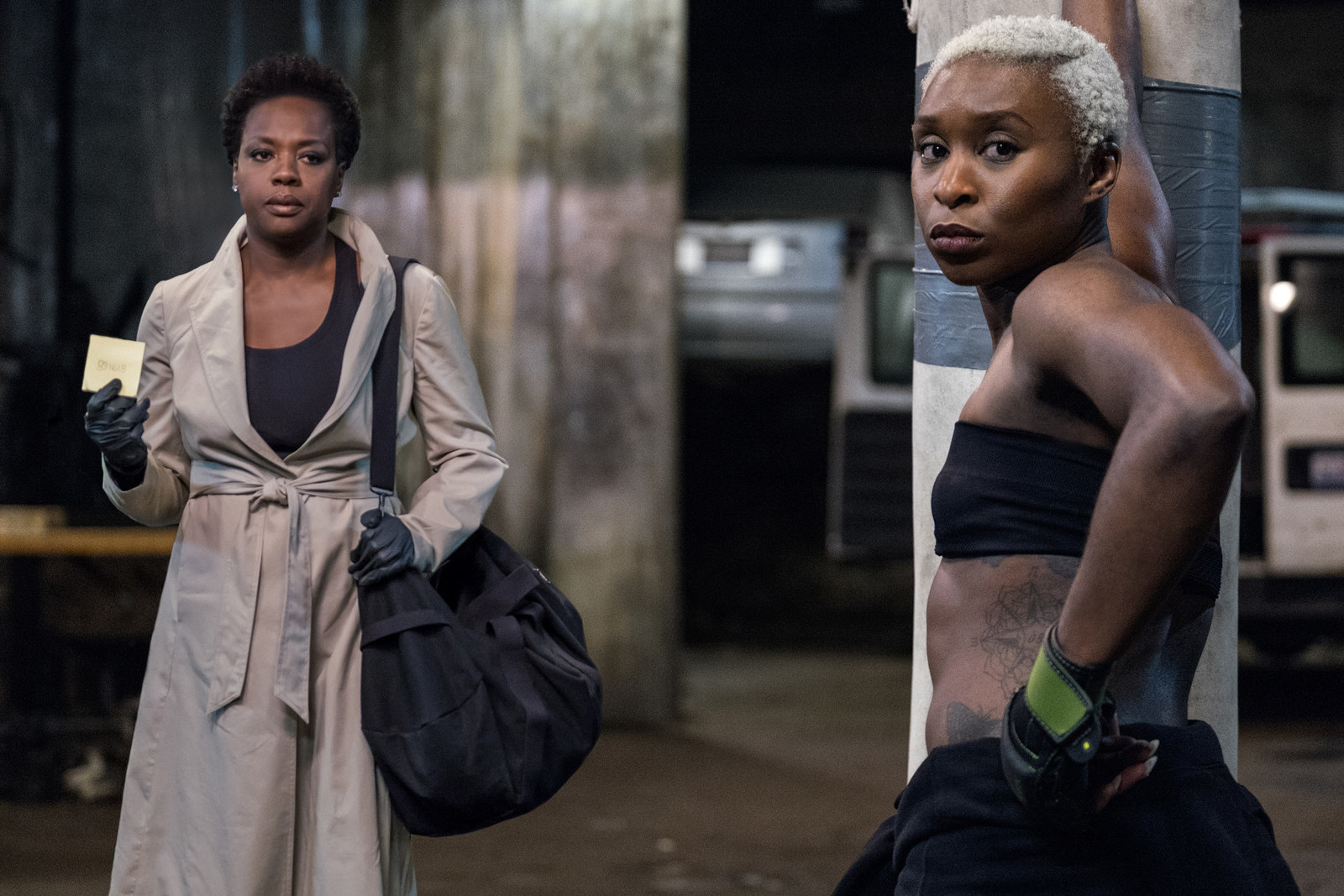
When Widows debuted at the Toronto International Film Festival, it had so much going for it. The film was director Steve McQueen’s follow-up to Best Picture winner 12 Years a Slave, and it boasted one of the most impressive casts of the year: Viola Davis! Elizabeth Debicki! Michelle Rodriguez! Cynthia Erivo! Carrie Coon! Daniel Kaluuya! Brian Tyree Henry! Colin Farrell! Liam Neeson! It felt like such an exciting, of-the-moment movie; a female-driven heist flick that was also about systemic racism and the particular chaos of local politics, the power of grief, and the existential threat women face in a world of men.
Maybe that was just too many things. When the film finally opened in theaters, audiences shrugged, and the film’s buzz fizzled. Too many people, it seems, didn’t know what to make of the movie, and felt it was an art film pretending to be a heist film, or vice versa.
The result: No nominations for the cast, or McQueen’s screenplay with Sharp Objects’ author Gillian Flynn, or the editing, or the cinematography, or the costumes, or anything. A tragedy!
No nominations for Eighth Grade, either.
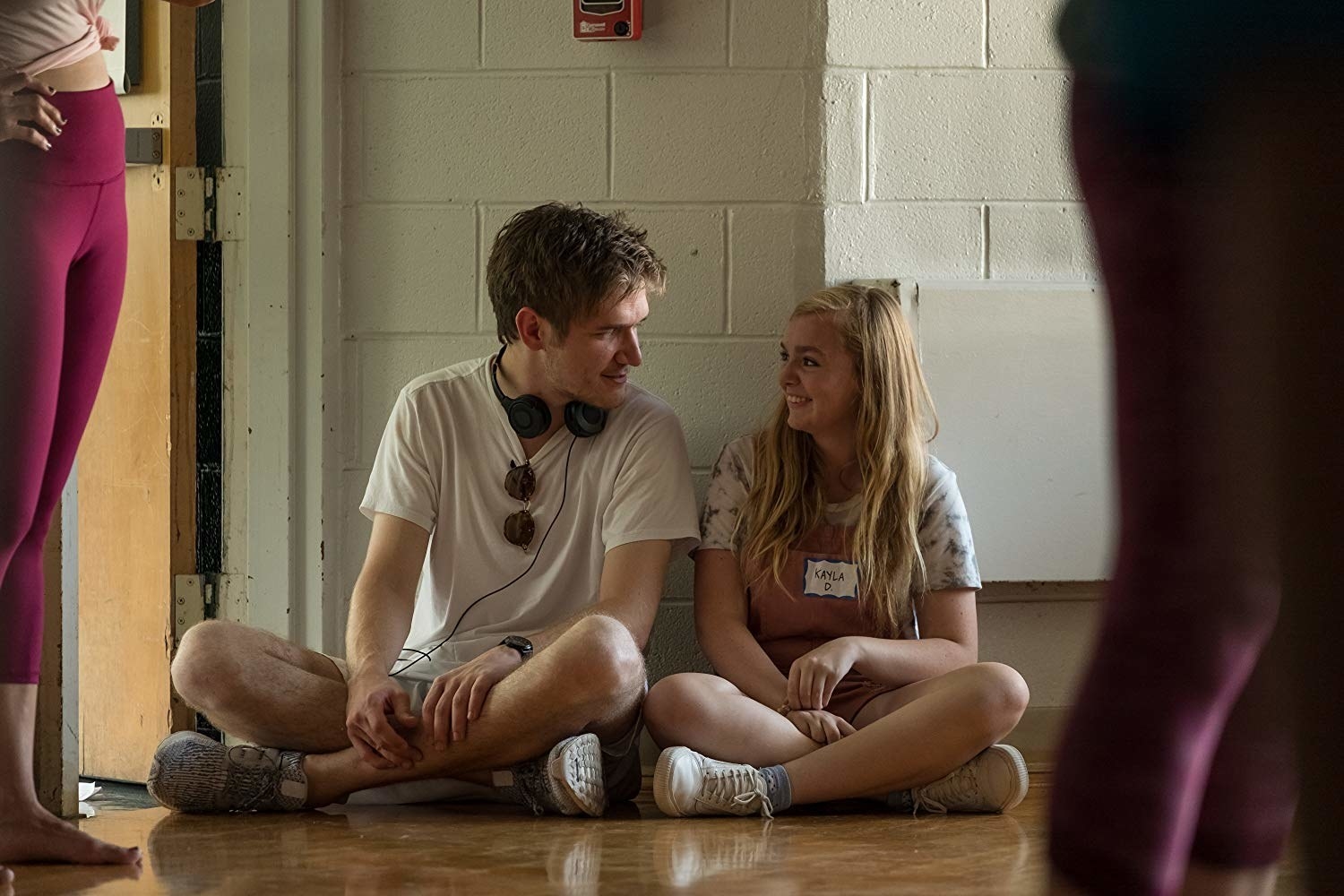
Many Oscar prognosticators had pegged Bo Burnham’s lovely directorial debut for at least a Best Original Screenplay nomination, and some had hoped star Elsie Fisher might be a surprise Best Actress nominee. Instead, the filmmakers will have to comfort themselves with their four Independent Spirit Award nominations. Keep an eye on Burnham, though; he’s the real deal, and could easily earn a ticket to the Oscars soon.
No major nominations for First Man.

At the onset of awards season, director Damien Chazelle’s follow-up to La La Land seemed like as close to a sure thing for the Oscars as you could get: a sweeping, technically complicated biopic of one of the 20th century’s most celebrated Americans, Neil Armstrong. But Chazelle’s approach to his emotionally remote subject was to make a rather emotionally remote film, and it failed to connect with audiences or, it seems, Academy voters.
First Man only earned nominations for Production Design, Sound Editing, Sound Mixing, and Visual Effects — nothing for Chazelle, for the film’s cinematography, score, or editing, for Ryan Gosling’s performance as Armstrong, or for BAFTA and Golden Globe nominee Claire Foy as his wife Janet.
And only three nominations for If Beale Street Could Talk.
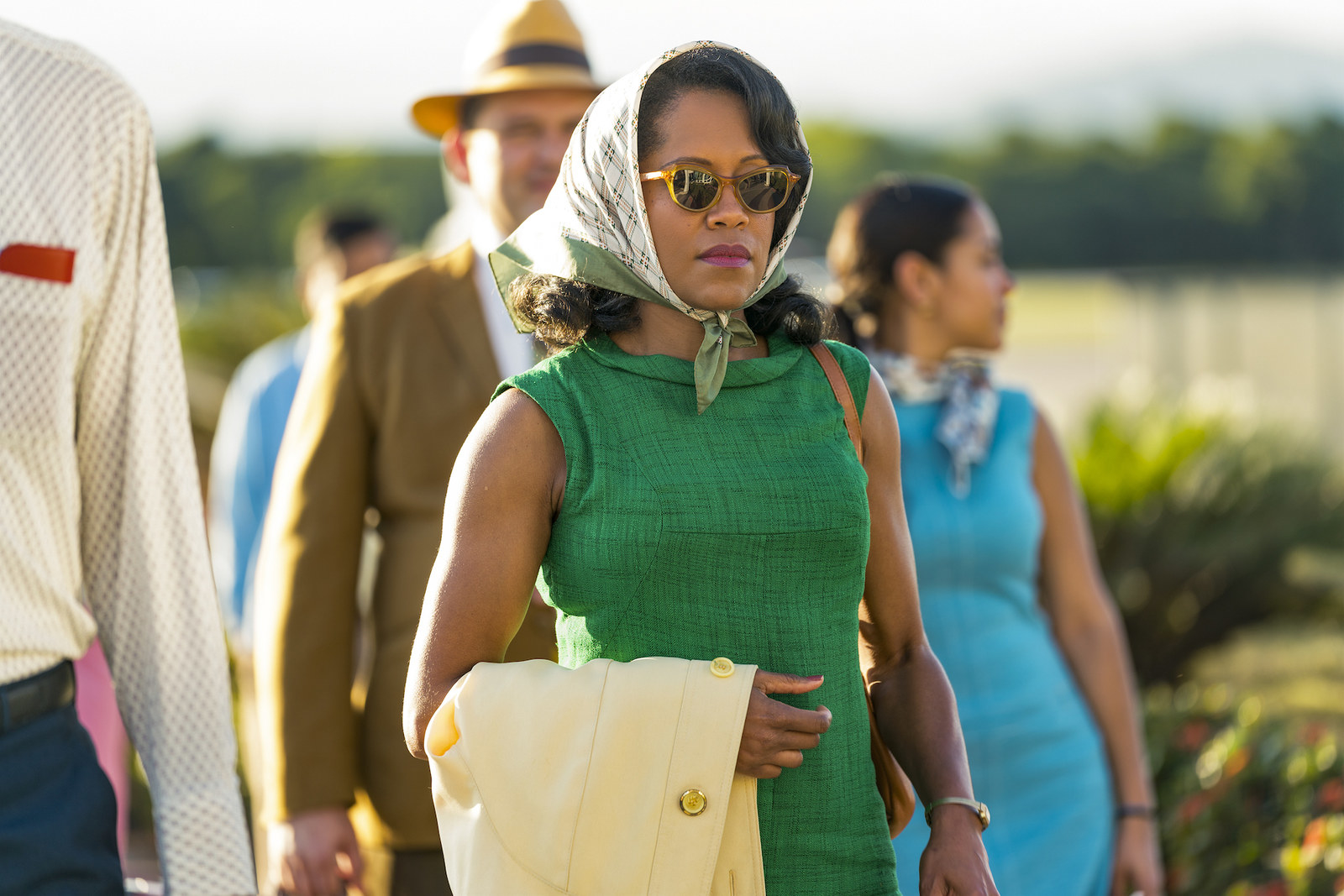
This is one of the most gorgeous movies of the decade. Its costumes, cinematography, and art direction all explode with expertly considered color and detail. Barry Jenkins’ direction demonstrates a sense of control and finesse that somehow deepens the artistry he demonstrated with Moonlight.
The film did earn nominations for Jenkins’ screenplay, adapted from James Baldwin’s novel, for Nicholas Britell’s lush original score, and for Regina King’s stunning supporting performance as a mother desperate to exonerate her son. It just deserved so much more.
Maybe the Academy was still reeling from Envelopegate and couldn’t stomach honoring the filmmakers behind Moonlight and La La Land? I’m grasping, again!
The Favourite’s Yorgos Lanthimos nominated for Best Director.

Earning 10 Oscar nominations, The Favourite is clearly one of the best movies of the year, and also one of the most distinctive, with a color-drenched, fish-eye lens aesthetic and an acid-tipped deadpan approach to its comedy. If you’ve seen Lanthimos’s earlier films, like The Lobster or The Killing of a Sacred Deer, you know that sensibility comes straight from him. But the DGA had not nominated Lanthimos, leading many to think he’d be overlooked by the Academy’s directors branch, too. They did not!
No Best Supporting Actress nomination for Crazy Rich Asians’ Michelle Yeoh, and no nominations for the film itself.
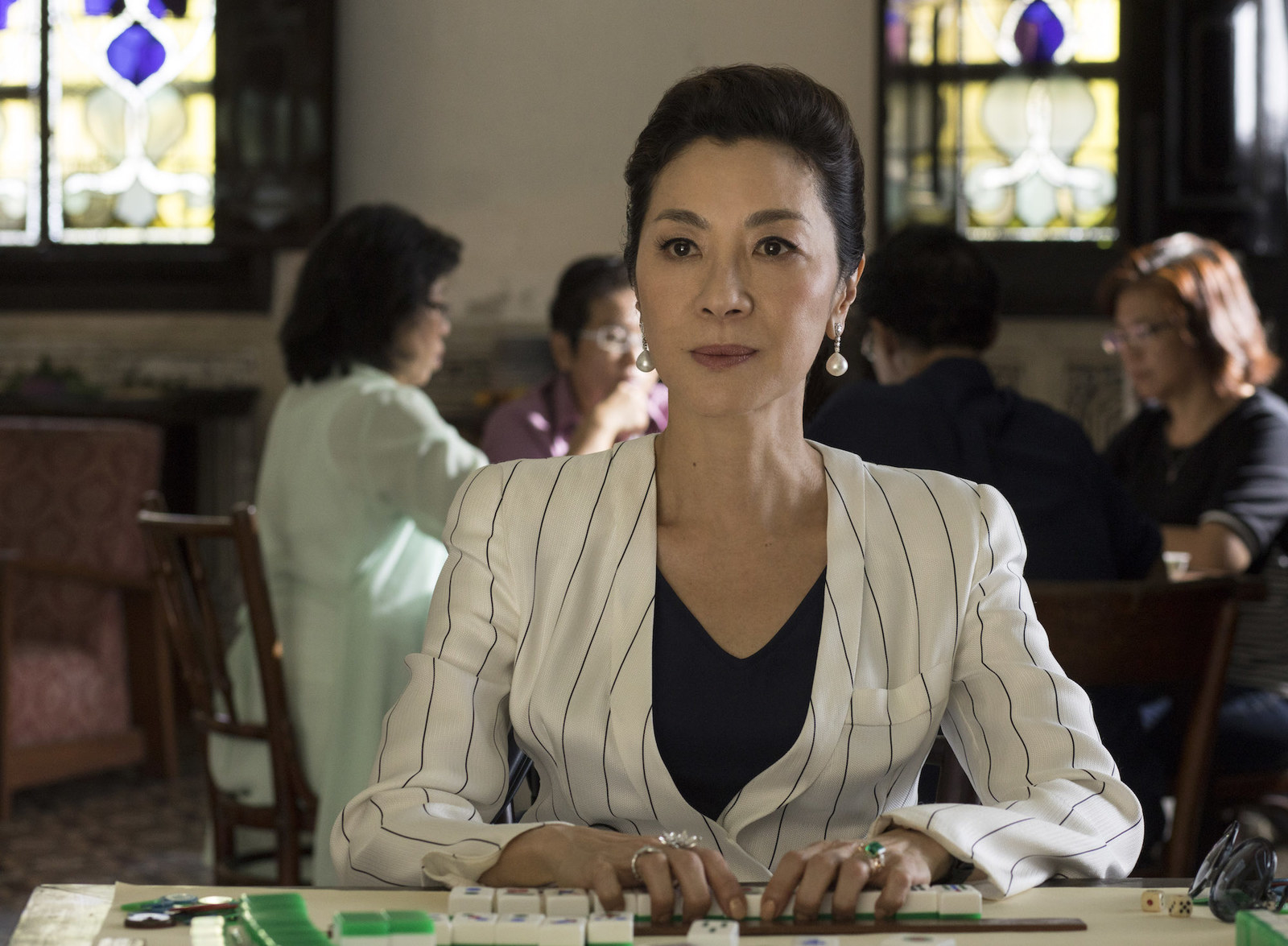
With The Favourite’s Emma Stone and Rachel Weisz (rightly) gobbling up two spots in this category, it was always going to be a scrappy fight for the many remaining contenders. But Yeoh should have been at the top of that list.
Family matriarch Eleanor Young could have been a two-dimensional villain in her quest to keep her son Nick (Henry Golding) from marrying his Asian American girlfriend Rachel (Constance Wu). But Yeoh gives the character a rich inner life, conveying a lifetime of experience in a single glance.
Romantic comedies are among the least celebrated genres at the Oscars, and Yeoh missed out on nominations for the SAG Awards and Golden Globes, so she was something of a long shot here. But she would have been one of a tiny handful of Asian actors who have earned an Oscar nomination. As it is, Crazy Rich Asians got zero nominations. It’s a shame.
No Best Film Editing nomination for Roma.

As I noted earlier for A Star Is Born, if you want to win Best Picture, you better hope you get nominated for Best Film Editing. Since 1981, in fact, only one film has won Oscar’s top prize without a Best Film Editing nomination: 2014’s Birdman, a movie designed to look like a single continuous shot.
So despite tying with The Favourite for the most nominations this year, Roma’s absence in this category — perhaps due to director Alfonso Curaón’s choice to build his film with a series of long, deliberative shots — means that once again, it’s entirely unclear who could win Best Picture this year. That’s exciting for viewers and Oscar fans, not so great for Roma’s editors Adam Gough and Cuarón.
Here’s a bit of Oscar trivia: Had Roma been nominated here, Curaón would’ve been the first person ever to earn five nods for the same movie. Almost got there.
Bohemian Rhapsody nominated for Best Picture.
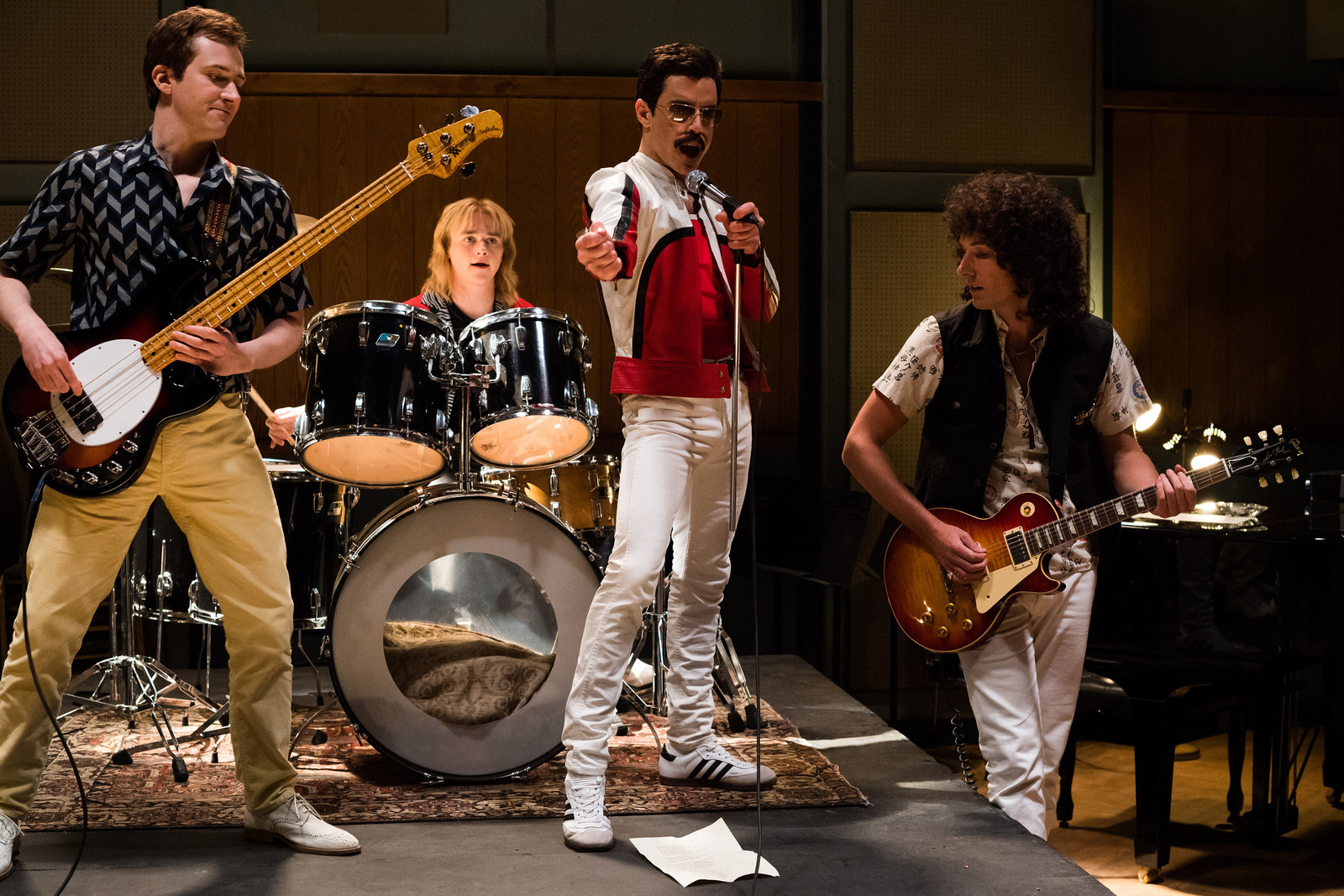
There were several signs that this biopic of Queen and its frontman Freddie Mercury could earn a nomination for Oscar’s top prize. The film was nominated for the PGA Awards, the ensemble cast was nominated for the SAG Awards, the film won at the Golden Globes for Best Picture — Drama, and to date, it’s earned nearly $800 million at the global box office.
But, well, the movie had some issues. Director Bryan Singer was fired with just two weeks left in production, reportedly for showing up late to set or not at all, and for combative behavior when he was present. As for the film itself, critical reaction was tepid at best — the approach to Mercury’s sexuality especially struck many as distressingly retrograde.
But it appears those factors did not keep the film from the Best Picture race. The film also earned a Best Actor nomination for star Rami Malek’s performance as Mercury, as well as nominations for Film Editing, Sound Editing, and Sound Mixing, so it clearly has support from several Academy branches — though not quite as many as some Oscar prognosticators had thought.
Can the film win any of these awards? Well, it’s a long time until Feb. 24. We’ll see!
No women nominated for Best Director.
To be clear, no women were expected to earn a Best Director nomination for this year’s Oscars. No women were nominated by the DGA Awards, the Golden Globes, or the BAFTAs this year, nor by the Critics Choice Awards, so no women were ever considered to be serious contenders for the category.
In 2019, this should be a perpetually shocking thing! Especially since there were many women with films in 2018 who could have been contenders this year.
There was Debra Granik’s emotionally and visually expansive direction of Leave No Trace, Lynne Ramsay’s brutal and dreamlike direction of You Were Never Really Here, Tamara Jenkins’ emotionally precise and unsparing direction of Private Life, Karyn Kusama’s mercilessly tense and forbidding direction of Destroyer, and Chloé Zhao’s gorgeous and achingly felt direction of The Rider. You’ve got a great Best Director category right there.
It’s not hard to recognize superlative filmmaking by women. The Independent Spirit Awards nominated Granik, Ramsay, and Jenkins for Best Director. None of those movies, however, had much by way of awards attention for the Oscars.
Marielle Heller’s Can You Ever Forgive Me?, meanwhile, earned Oscar nominations for Best Actress for Melissa McCarthy (as memoirist–turned–literary forger Lee Israel), Best Supporting Actor for Richard E. Grant (as Lee’s vagabond gay friend Jack Hock), and for Best Original Screenplay.
The film’s portrait of Lee and Jack’s unlikely friendship radiates an astringent warmth and authenticity that’s incredibly hard to pull off. One is left to wonder whether the film’s director would’ve garnered more awards attention had that director been a man.

